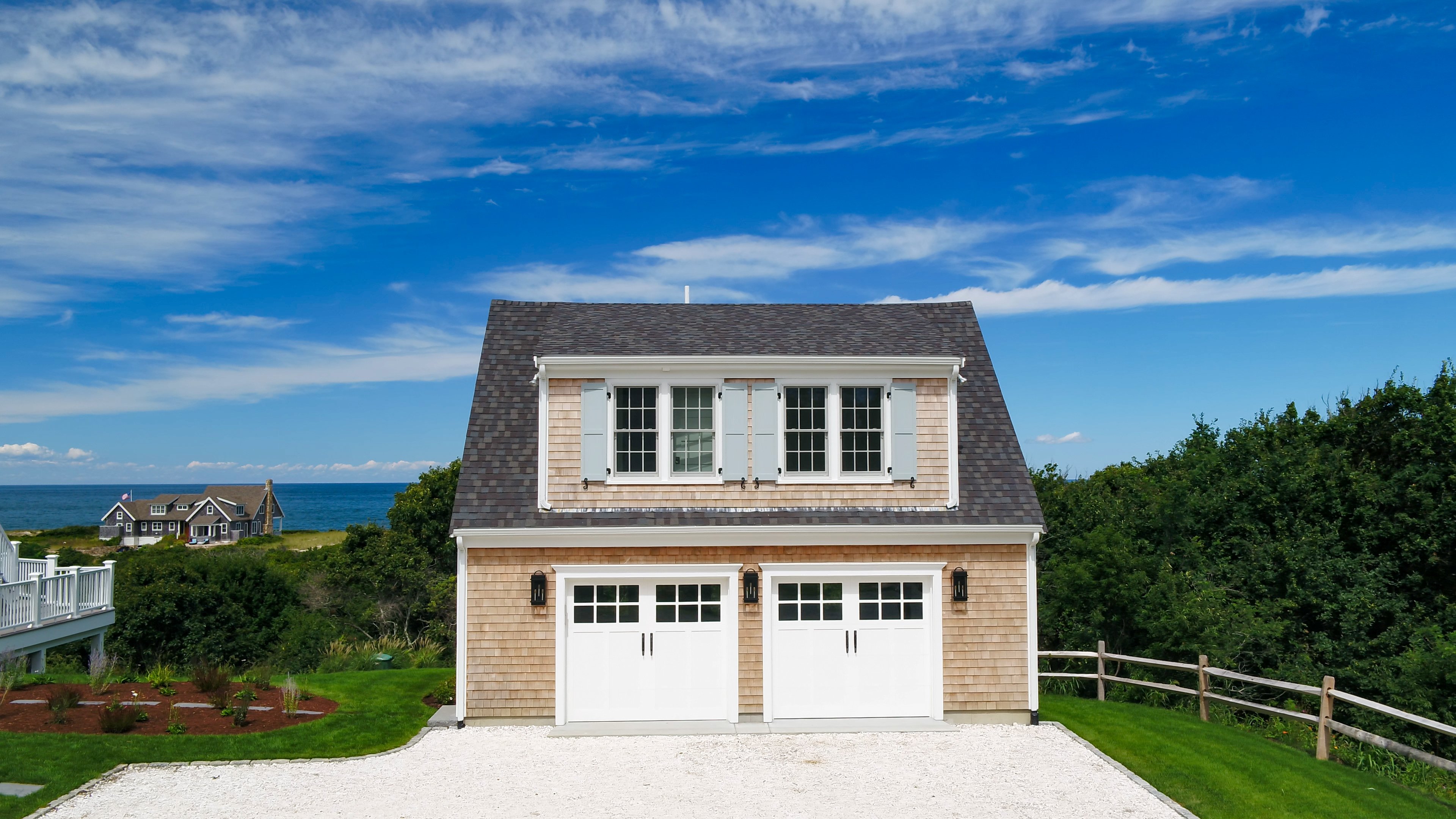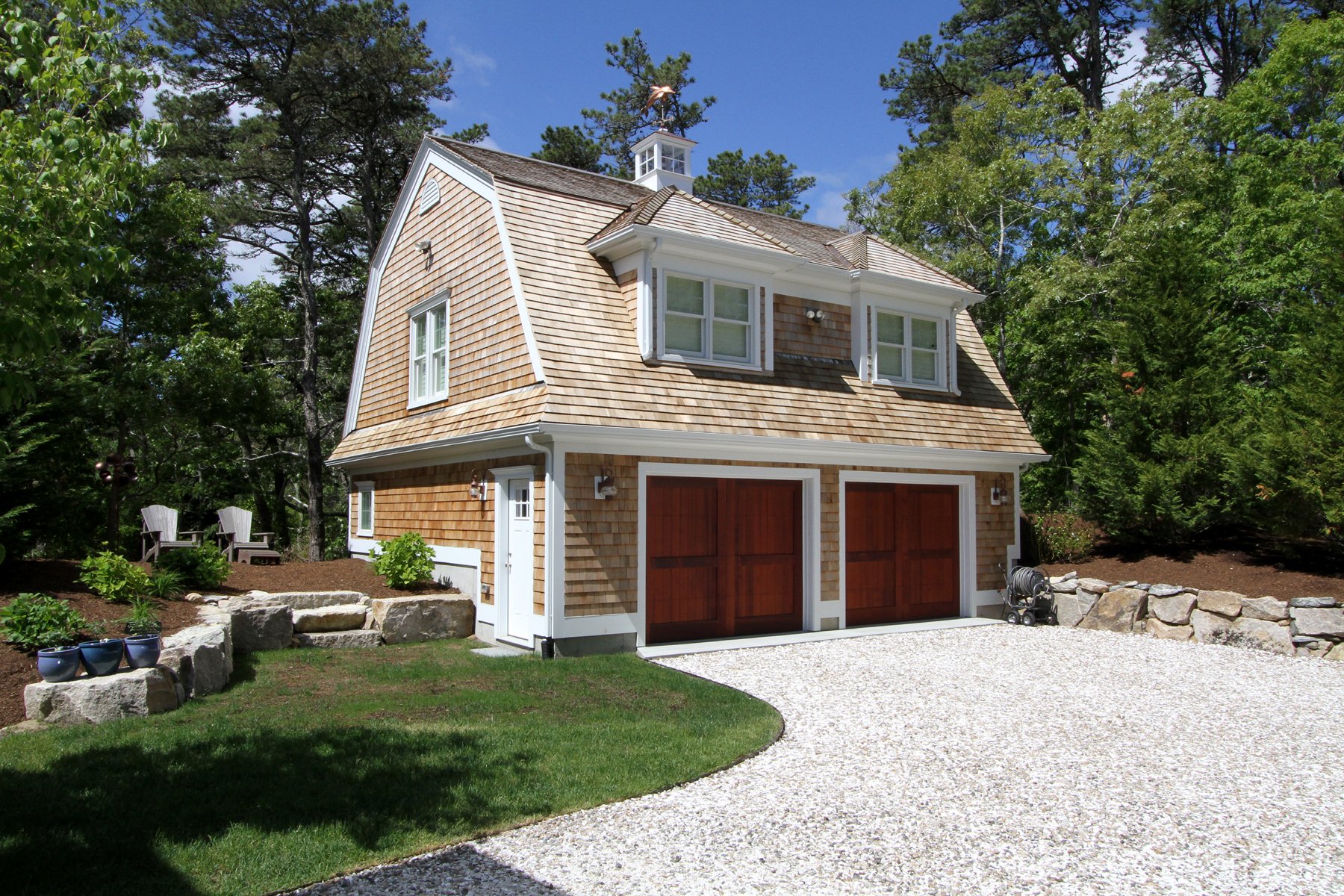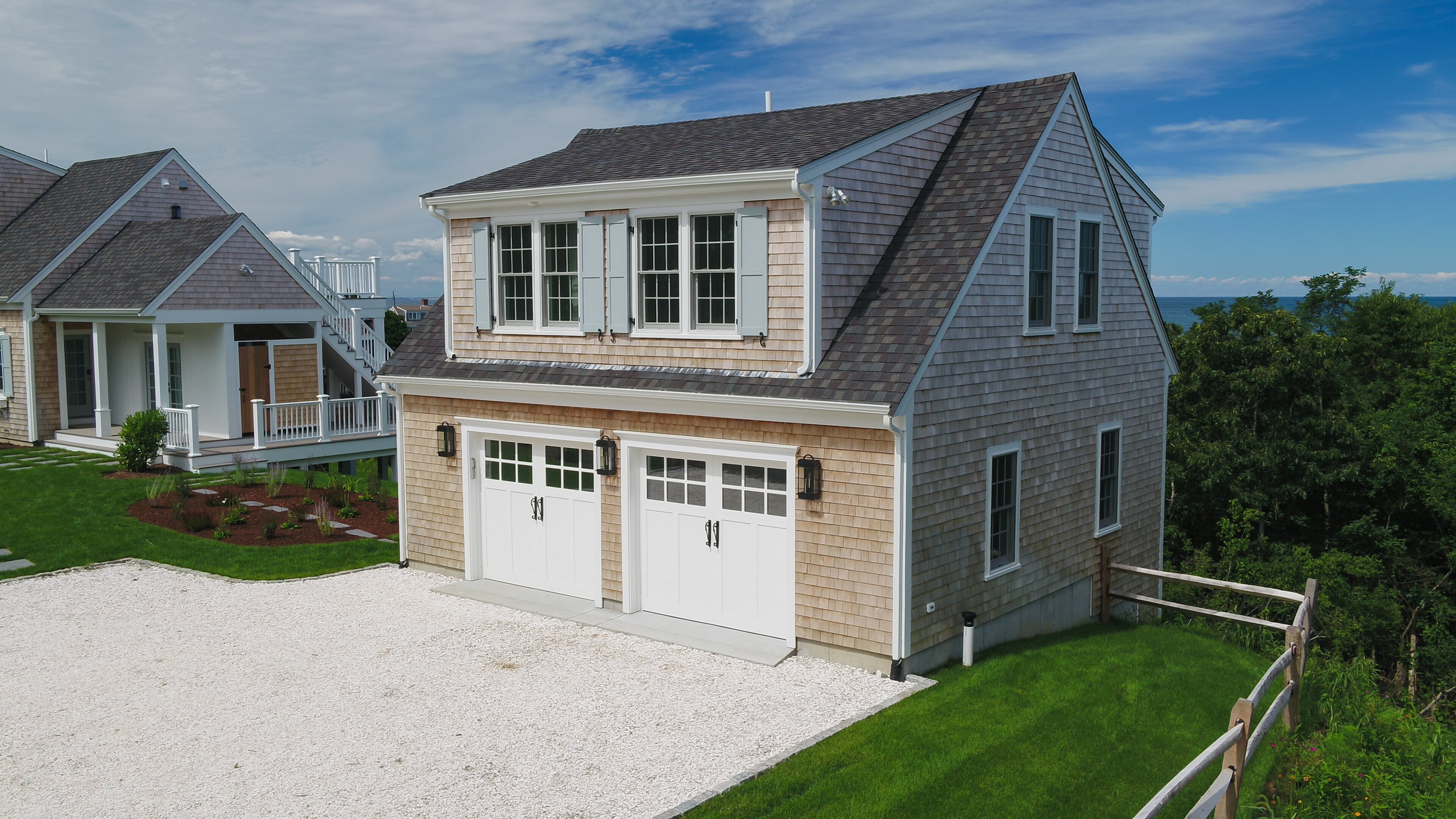Understanding the 2024 Affordable Housing Act's Provisions
The 2024 Affordable Housing Act, known as the Hothe Act, is set to reshape the housing landscape in Massachusetts by introducing significant reforms aimed at increasing the availability of affordable housing statewide. A key element of this Act is its focus on the development and expansion of Accessory Dwelling Units (ADUs). Previously restricted by stringent zoning laws, the Act now allows existing homeowners across Massachusetts to build ADUs on their properties, presenting a new avenue for addressing the housing shortage.
ADUs, often referred to as granny flats, in-law apartments, or secondary suites, are smaller, self-contained living units located on the same lot as a primary residence. The 2024 Act simplifies the process for homeowners to construct these units by reducing regulatory barriers and streamlining the approval process. This legislative change is a pivotal step in democratizing access to affordable housing solutions, empowering homeowners to contribute to the broader housing market.
The Rise of Accessory Dwelling Units: A Game Changer for Homeowners
For Massachusetts homeowners, the ability to build ADUs represents an unprecedented opportunity to maximize the utility of their properties. The statewide permission granted by the 2024 Act means that homeowners no longer face the previously complex web of local zoning restrictions that could prevent or complicate the construction of ADUs. This newfound freedom allows property owners to enhance their living spaces, accommodate extended family members, or generate rental income.
From a financial perspective, the inclusion of an ADU can significantly increase property value. Homeowners can see a direct return on their investment through rental income, while also potentially increasing the resale value of their homes. Furthermore, the presence of an ADU can provide greater flexibility for families, offering a comfortable solution for accommodating aging relatives or young adults seeking independence without leaving the family nest.

Unlocking Affordable Housing: The Role of ADUs on Cape Cod
On Cape Cod, where housing affordability is a pressing issue, the implementation of ADUs can be particularly transformative. The region is characterized by a high demand for housing, coupled with limited availability, driving prices beyond the reach of many residents. ADUs present a viable solution to this challenge by increasing the supply of affordable rental units without the need for expansive new developments.
The introduction of more ADUs on Cape Cod can help stabilize rental markets, providing long-term residents with affordable housing options while supporting the local economy through increased population density. This, in turn, can lead to more vibrant communities, as a diverse range of residents can afford to live and work in the area. By facilitating the construction of ADUs, the 2024 Act offers a sustainable approach to managing growth on Cape Cod, balancing the needs of residents with the preservation of the region's unique character.
Financial and Community Benefits of ADU Implementation
Beyond the direct financial benefits for homeowners, the widespread adoption of ADUs contributes positively to communities at large. By creating more rental opportunities, ADUs help to alleviate the pressure on housing markets, making affordable living more accessible to a broader demographic. This inclusivity fosters diversity and can enhance community resilience, as a stable population base supports local businesses and services.
Moreover, ADUs promote efficient land use by utilizing existing infrastructure and minimizing the environmental impact associated with new construction. In urban and suburban areas, where space is at a premium, ADUs provide a smart growth strategy that aligns with sustainable development goals. As neighborhoods become more dynamic with the integration of ADUs, community engagement and interaction are likely to increase, strengthening social ties and fostering a sense of belonging among residents.
Navigating Zoning and Permitting Challenges for ADUs
While the 2024 Act simplifies the process of building ADUs, homeowners still need to navigate the nuances of zoning and permitting. Understanding local regulations and obtaining the necessary approvals can be a daunting task for those unfamiliar with the process. However, the Act encourages municipalities to streamline these procedures, making it easier for homeowners to comply with requirements and begin construction.
Homeowners considering an ADU project should start by consulting with local planning departments to understand specific zoning laws and any applicable design standards. Engaging with professionals such as architects or contractors with experience in ADU construction can also be invaluable, ensuring that the project meets regulatory standards and is completed efficiently. By proactively addressing potential challenges, homeowners can successfully transform their visions of an ADU into a reality.
The Future of Housing in Massachusetts: Long-Term Implications of ADUs
Looking ahead, the widespread adoption of ADUs in Massachusetts has the potential to reshape the state's housing landscape in profound ways. As more homeowners embrace the opportunity to construct these units, the cumulative effect could significantly alleviate housing shortages, offering a sustainable solution to the affordability crisis. This shift may inspire other states to adopt similar legislation, recognizing the benefits of ADUs in creating more inclusive and diverse communities.

In the long term, the integration of ADUs into Massachusetts' housing strategy could redefine living arrangements, encouraging multigenerational households and fostering tighter-knit communities. As the state continues to face evolving housing challenges, the lessons learned from the successful implementation of ADUs will serve as a blueprint for future policy initiatives aimed at achieving equitable and sustainable housing solutions.
In conclusion, the 2024 Affordable Housing Act marks a pivotal moment for Massachusetts, paving the way for innovative housing solutions through the expansion of ADUs. By empowering homeowners and leveraging existing properties, the Act not only addresses immediate housing needs but also sets the stage for a more resilient and inclusive future.

If you are considering building an ADU on your property here on Cape Cod, contact us today at info@capecodbuilder.com or by phone at 508-394-3090




